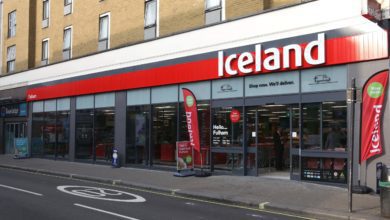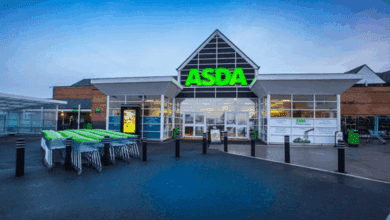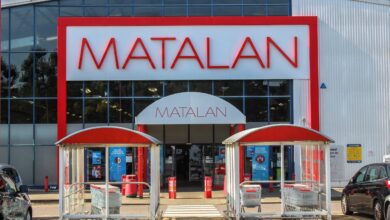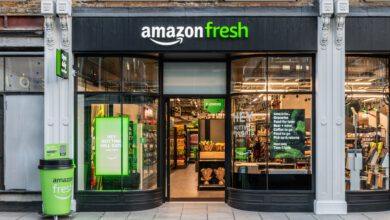Grocery price inflation drops to 12.2%
The report also stated that Sainsbury’s and Tesco were the fastest growing traditional retailers this month, growing sales by 9.1% and 9.3% respectively
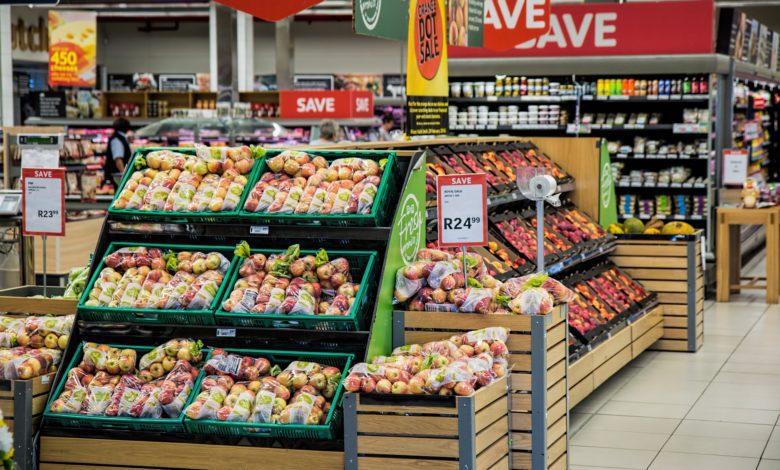
Register to get 1 more free article
Reveal the article below by registering for our email newsletter.
Want unlimited access? View Plans
Already have an account? Sign in
Grocery price inflation has dropped to its lowest level in over 12 months at 12.2% for the four weeks to 3 September 2023, according to the latest data from Kantar.
Take-home sales from the grocers rose by 7.4% compared with the same period in 2022, a slight increase on the 6.5% growth reported last month.
During the period, Aldi grew sales by 17.1% and Lidl by 16.0%. Between them, the discounters now capture 17.7% of the sector.
Kantar said that it expects this performance to continue as inflation remains stubbornly high, however, growth rates for both the discounters have been slowing in recent months as they annualise against rapid rises last year.
It also stated that both Aldi and Lidle have seen an increase in own-label sales. Sales grew again by 9.9% in the latest month and supermarket lines now make up over half of everything consumers buy, up from 48% in August 2013.
This is equivalent to a £3bn shift in sales away from brands.
Additionally, shoppers have been making the most of Wilko’s closing sales, with its share of non-food groceries like toiletries, healthcare and household goods jumping from 1.8% in July to 2.3% in August.
However, its sales are still down on last year and Tesco, Aldi and the bargain stores, such as Poundland, B&M and Home Bargains, have been the biggest winners of customers switching spend away from Wilko.
The report also stated that Sainsbury’s and Tesco were the fastest growing traditional retailers this month, growing sales by 9.1% and 9.3% respectively.
Tesco’s share now stands at 27.2%, up by 0.3 percentage points from last year, and Sainsbury’s at 14.8%, up by 0.2 percentage points.
Meanwhile, Asda’s market share is at 13.8% and Morrisons’ 8.6%, with sales up by 5.1% and 2.0% respectively.
Waitrose’s growth accelerated to 5.6% this month, meaning that the retailer now holds 4.6% of the market. While Ocado saw sales increasing faster than last month, with growth now at 4.3% and market share at 1.6%.
Lastly, Co-op’s sales were up by 2.5% versus a year ago with the convenience retailer now holding a 6.1% market share and Iceland’s sales rose by 4.3% to take a share of 2.3%.



